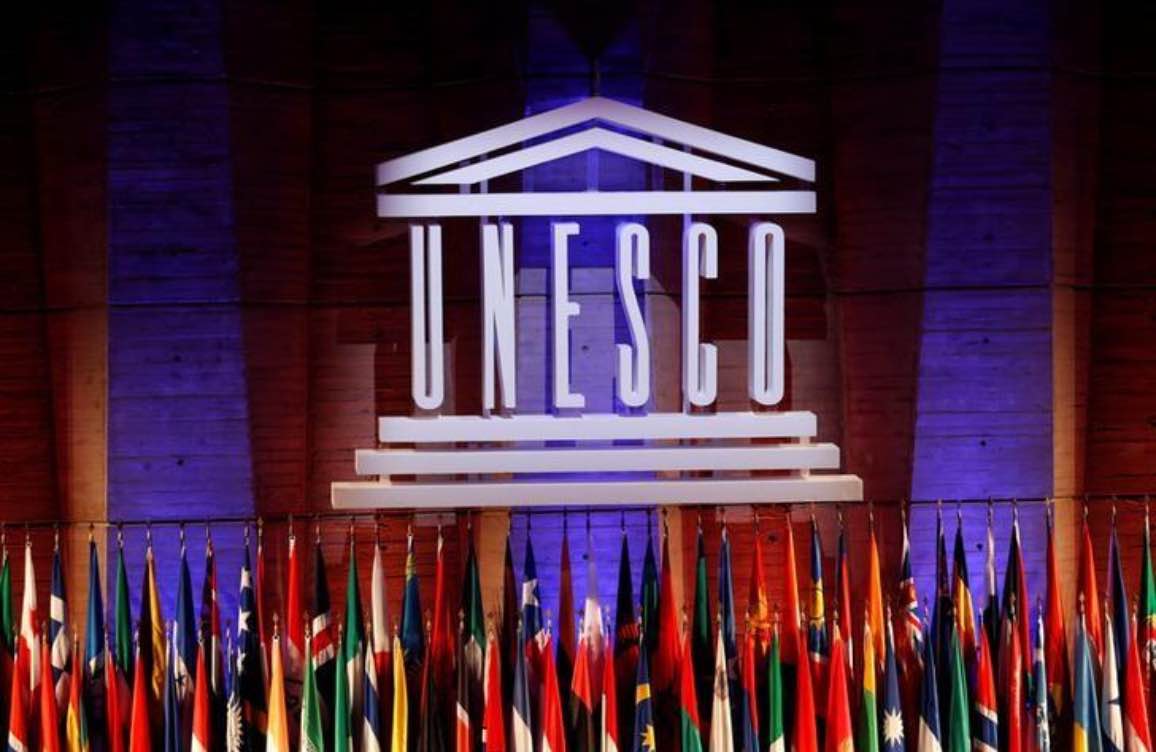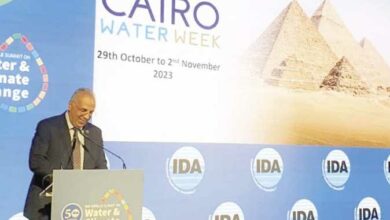The Arab World, already experiencing severe water shortages, faces imminent water crisis. These alarming conclusions appeared in the latest Arab Forum for Environment and Development’s (AFED) report published earlier this month that focused on regional water issues.
The water poverty line is commonly defined as 1000 cubic meters of water per person annually. The Arab World currently falls far below this threshold as the annual per capita share is expected to drop under 500 cubic meters by 2015. This figure will represent less than one-tenth of the world’s per capita average of 6000 cubic meters of water.
According to the report, even with the full utilization of fresh water resources in the region, Arab countries will find themselves below the water scarcity level. Climate change is expected to accelerate this process: a 25 percent decrease in precipitation and a 25 percent increase in evaporation rates are expected by the end of the 21st century.
Egypt is no exception to this gloomy picture. According to Mohamed al-Rawady, an Egypt-based water resources specialist and engineer at the Center for Environment and Development for the Arab Region and Europe (CEDARE), “Egypt ranks third after Jordan and Palestine on water poverty on a regional scale. Egypt is extremely water stressed because it is the most populated country in the region."
Water shortages have already compelled a number of Arab countries to desalinate the bulk of their water. While the region has access to just one percent of the world’s fresh water, it houses 50 percent of the world’s desalination capacity.
Unlike its Gulf neighbors, Egypt has not resorted to desalination on a wide scale and owns only a few desalination plants on the Red Sea coast. The private sector funds these plants to fulfill needs of Red Sea tourist resorts.
“The Egyptian public sector should develop more desalination plants and locate them in Mediterranean coastal cities,” said al-Rawady. CEDARE currently works on a project called “Switch” that aims to establish an integrated urban water management plan for Alexandria. Al-Rawady explains that realizing project Switch depends on the will of policy makers.
The AFED report highlights a general over-extraction of groundwater resources caused by low rates of replenishment. In Egypt, renewable groundwater constitutes the Nile river system, and non renewable ground water constitutes the Nubian Sandstone Aquifer System (NAQS). The NAQS, the world’s largest fossil water aquifer system, lies beneath Egypt, Libya, Chad and Sudan and covers some two million square kilometers.
“Over extraction has already begun,” explains al-Rawady, a phenomenon currently leading to desertification.
The AFED report points out a lack of coordination in the region among the entities in charge of water management, with responsibility for managing water and water services dispersed across multiple institutions.
“The lack of coordination between the three ministries in charge of water management in Egypt, the Ministry of Agriculture and Land Reclamation, the Ministry of Irrigation and Water Resources and the Ministry of State for Environmental Affairs clearly prevents the creation of a comprehensive plan to fight water scarcity,” explains el-Rawady.
AFED’s report lists three main conclusions: first, continued inaction from the Arab World to combat the looming crisis is the worst case scenario that will aggravate an already strained situation. Second, governments can alleviate the water problem through policy, institutional reforms, education, research and public awareness campaigns. Third, Arab heads of states must make strategic political decisions to seriously and urgently reform its water management to avoid impending crisis.




